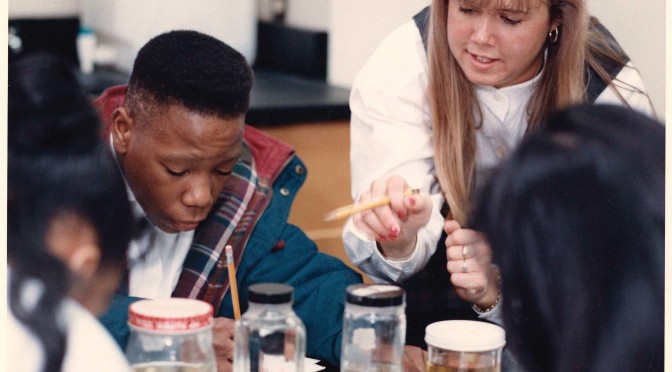
Water channels in cells could improve human outcomes, Nobel laureate says
By: Nick Koski, Staff Writer
The discovery of aquaporins, which are essentially water channels in cells, could lead to significant improvements to environmental, agricultural and physiological health, according to Nobel laureate Peter Agre.
Agre, who won the 2003 Nobel Prize in Chemistry, spoke about his discovery of aquaporin water channels and their many applications on April 6 at Smith Hall.
Agre explained that water plays a key role on the molecular level. Humans, like all other living things, are primarily comprised of water — it makes up about two thirds of our body mass.
Experiments in the 1970s led to the conclusion that there must be water-selective channels in the membranes of cells. However, no one could identify them precisely, so many scientists were skeptical about the existence of water channels.
It wasn’t until 1992 that Agre and his team discovered the first aquaporin. He said that this kind of discovery is just what scientists look for: “discoveries which are of interest and have the possibility of even being useful.”
His team, along with several other laboratories, worked to discover more of these aquaporins. Agre divided the aquaporins into two subsets: the classic aquaporins and aquaglyceroporins.
One of the aquaporins he described was AQP4, which was found in a variety of tissues including the brain.
“If we could develop inhibitors to AQP4 to prevent brain edema from forming, I think that would have significant health improvements,” Agre said.
Another aquaporin, AQP5, was found to be present in secretory glands. This was very attractive to chemists working for skin care product companies, who attempted to get Agre to work with them.
AQP0 was found to be present in the lens of the eye, according to Agre. He said it was also discovered that “mutations in the gene encoding the lens homologue leads to congenital lens cataracts in small children.”
Agre told the audience that he thinks aquaporins will play a significant role in agriculture and clean drinking water. He believes that further advancements could even lead to the development of drought-resistant crops.
While speaking about the Nobel prize he received for his discovery, Agre said, “the reality is, the work is done by teams. So, I really think it should be viewed as a reward to a community.”
Overall, he believes that the real value of the Nobel Prize is the support for the scientific community.
After the Nobel, Agre’s team started working on malaria.
“There are so many dangers of the world,” he said. “And I think science is the opportunity [to solve these problems], and it’s the opportunity I encourage you to pursue.”

